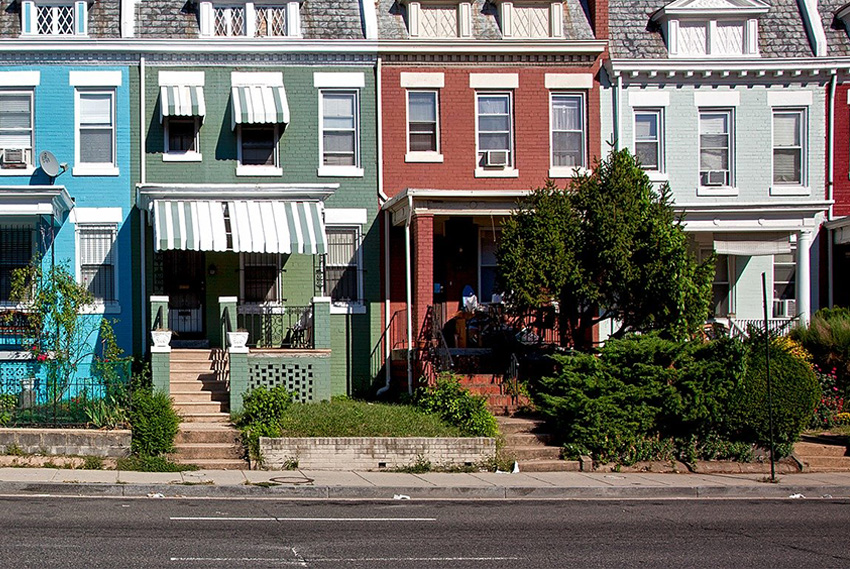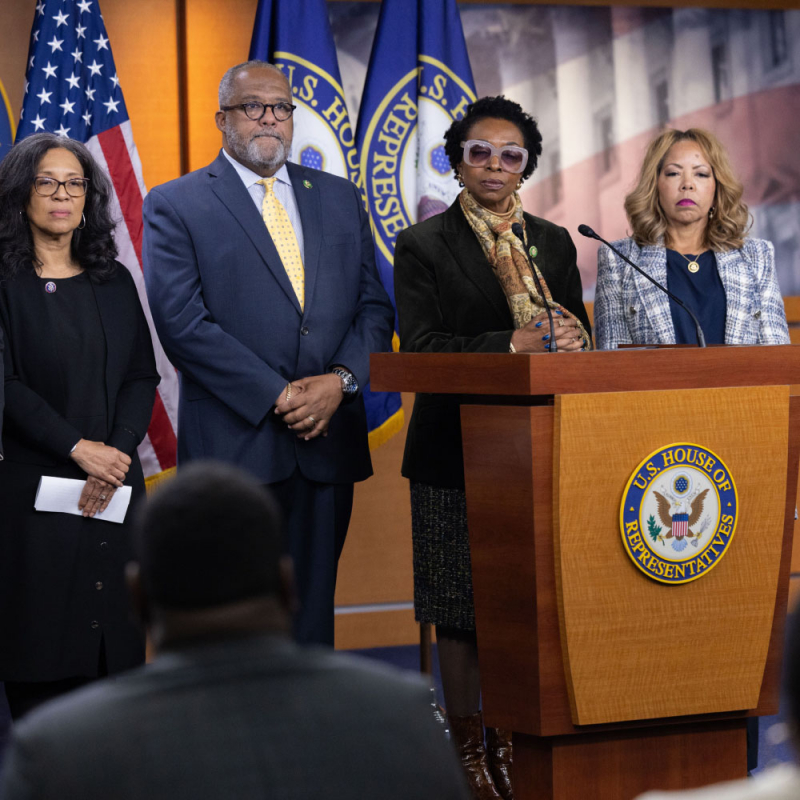
Washington, D.C. (July 21, 2020) – Today, the Black Economic Alliance (BEA), a nonpartisan group of Black executives and business leaders, announced its support for The Jobs and Neighborhood Investment Act. Crafted with input from BEA, the newly introduced legislation would provide community-based lenders with capital, liquidity, operational capacity, and expand the flow of credit into underserved communities, providing affordable access to credit for lower-income borrowers and helping small businesses stay afloat.
The disproportionate impact of the COVID-19 crisis continues to plague low-income communities and communities of color at higher rates due in large part to the permanent legacy of systemic racism that has obstructed economic opportunity for Black Americans. To mitigate and offset the paralyzing impact of the pandemic on communities of color, this bill would allocate $17.9 billion to Minority Depository Institutions and Community Development Financial Institutions in the form of direct capital investments, grants, and community investment loans.
“The compounding effects of COVID-19 will put many low-income and minority neighborhoods at risk of sustained economic damage,” said David Clunie, Executive Director, Black Economic Alliance. “The Jobs and Neighborhood Investment Act seeks to mitigate economic damage and break down some of the economic barriers Black communities face by strengthening the financial institutions that serve communities of color so they can boost operational capacity and increase lending to Black businesses and lower-income borrowers. By improving access to capital and providing new economic opportunities, this legislation will help Black Americans emerge stronger from the economic downturn that is harming Black communities disproportionately. BEA is proud to have helped shape this bill. We are grateful to Senators Schumer, Warner, Harris, and Booker and Rep. Meeks for their leadership, and we look forward to swift passage of this proposal.”
The lead sponsors of the Senate version of the bill include Senators Chuck Schumer (D-NY), Mark Warner (D-VA), Kamala Harris (D-CA), and Cory Booker (D-NJ). Congressman Gregory Meeks (NY-05) is the lead sponsor of the companion bill in the House of Representatives. In addition to the Black Economic Alliance, the legislation has the broad support of several civic and advocacy groups, including the NAACP and the National Urban League.
“Since long before they were hit with the recession created by the COVID-19 pandemic, Black families and business owners have struggled to gain access to capital and banking services necessary to build and maintain strong communities and opportunities for growth. The Jobs and Neighborhood Investment Act would mean billions in resources for the institutions that serve the underfunded and underbanked and provide minority and low income neighborhoods with the resources they need to help them not just weather the storm but thrive over the long-term,” said Sen. Schumer. “If our Republicans colleagues are serious about addressing inequity and getting aid to those who need it most, they should stop focusing on providing immunity to big corporations and make sure our truly small and minority owned businesses, and the institutions that truly seek to serve them, have access to the resources and funding they need to survive and thrive.”
“We know that Black and Latino Americans are disproportionately suffering from the dual health and economic effects of COVID-19, putting many low-income and minority neighborhoods at risk of sustained economic damage that will last far beyond the current crisis. Steps like PPP loans, expanded UI, and one-time stimulus payments helped to soften the blow in some places, but not enough. Jobs that supported these neighborhoods are disappearing overnight, and if we don’t act now, we could see a hemorrhaging of already-limited economic opportunities from these communities that will take generations to recover,” said Sen. Warner. “The Jobs and Neighborhood Investment Act directs billions in new investments to help low- income and minority communities withstand this unprecedented economic downturn and emerge stronger with increased access to capital and new economic opportunities. We are grateful to have the support and endorsement of the Black Economic Alliance on this critical initiative.”
“We are in the midst of multiple crises in our country: a public health crisis, which is disproportionately impacting people of color in America; and the resulting economic crisis that is causing financial hardship for our small and minority-owned institutions. As we work to secure additional funding for the survival of businesses across the country, I am proud to work with my colleagues on this next step in not only lifting up the hardest hit communities, but ensuring they thrive in the coming months,” said Sen. Harris.
“Even before the pandemic, communities of color and low-income communities were facing deep- seated challenges and structural inequities in accessing capital and economic opportunity,” said Sen. Booker. “Now, as the Coronavirus crisis exposes and exacerbates these inequities, it’s past time we act boldly, by investing in the families, businesses, and communities that have been most impacted and providing them with the resources they need to recover and rebuild.”
“As Chairman of the House Financial Service Subcommittee on Consumer Protection and Financial Institutions, my focus has been squarely on address the inequities faced by unbanked and underbanked communities, and communities of color that continue to be discriminated against to this day, including in banking and financial services,” said Rep. Meeks. “The COVID19 pandemic has laid bare the vulnerability of these communities, and the urgency of addressing the failures of the financial system that leave these communities behind. Achieving a balanced and sustainable economic recovery requires inclusion of, and investments in minority banks, community development financial institutions, and those banks and lenders that reach marginalized communities.”
“In this critical moment, our communities are in dire need of being supported and uplifted,” said Derrick Johnson, President and CEO, NAACP. “The disproportionate impact and strain COVID-19 has placed on low-income neighborhoods has been devastating, and the relief Jobs and Neighborhood Act will provide is sorely needed. I am encouraged by the organizations, elected officials and community leaders that continue to step up and fill in the gap amid this turbulent time; and the NAACP will continue to lead in this fight.”
“The pandemic has illuminated the barriers faced by Black borrowers, business owners and their employees like nothing else in recent memory,” National Urban League President and CEO Marc H. Morial said. “The Jobs and Neighborhood Investment Act is a step toward not only reclaiming the economic ground that has been lost over the last few months, but revitalizing the Black communities that still lag behind because of systemic racism and lack of opportunity. The National Urban League recommends passage of this legislation”
A summary of the Jobs and Neighborhood Investment Act is available here.


